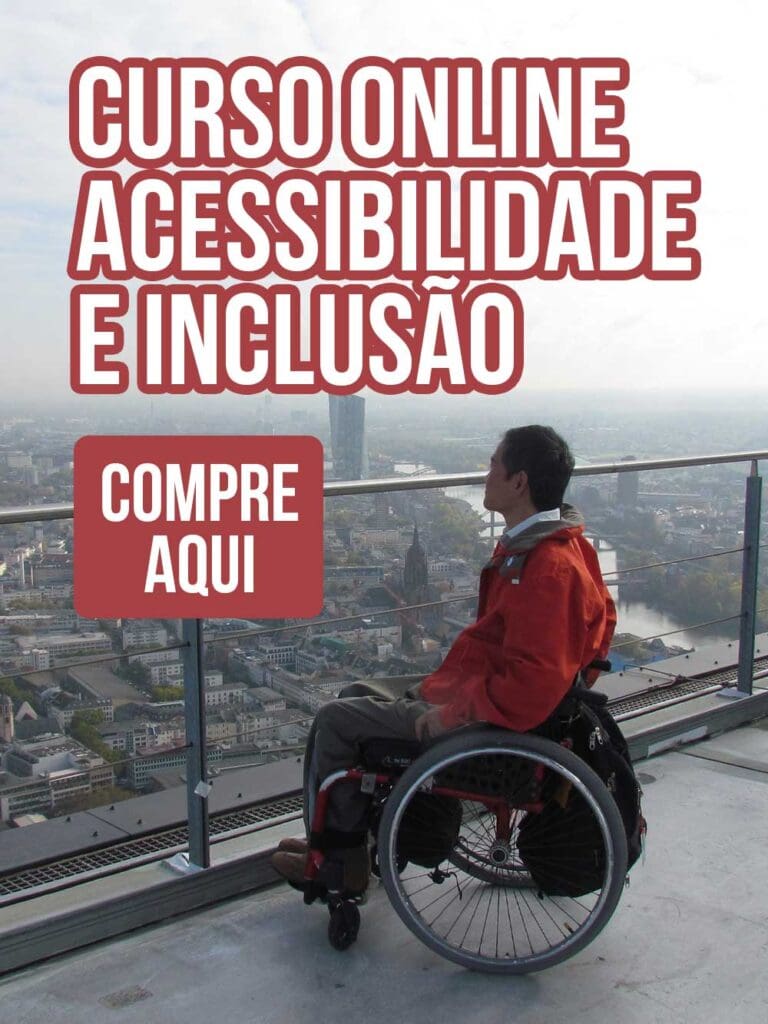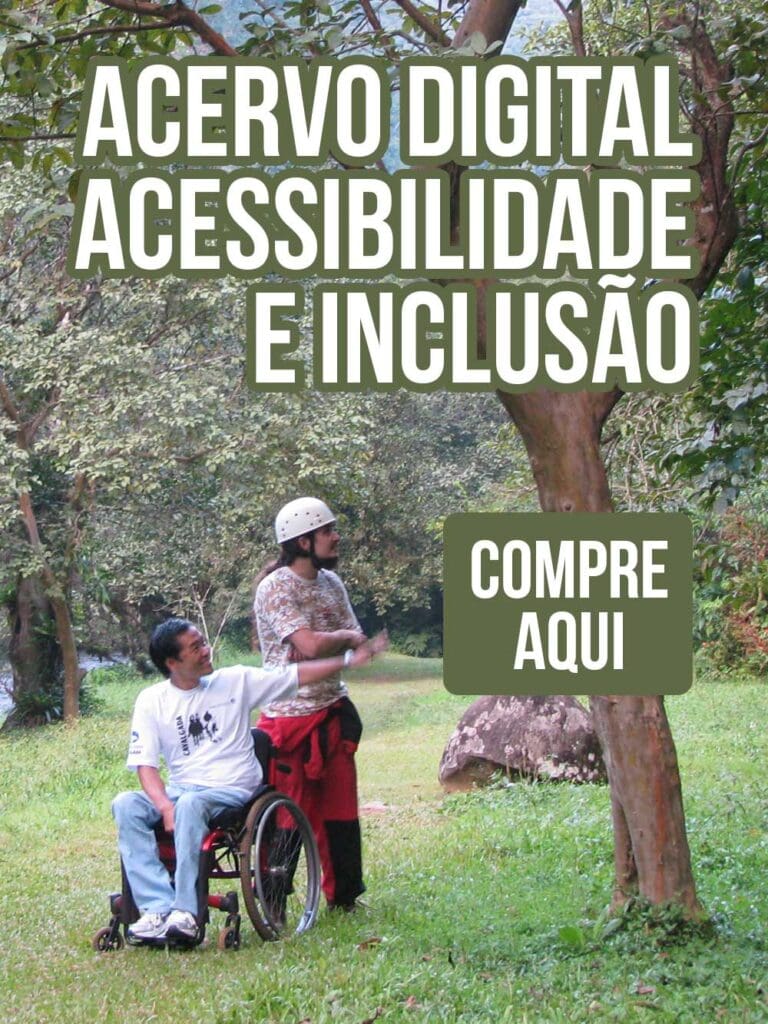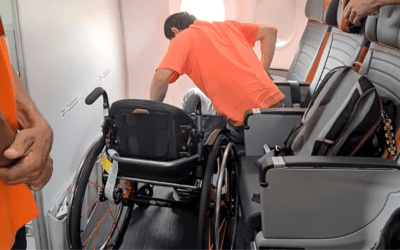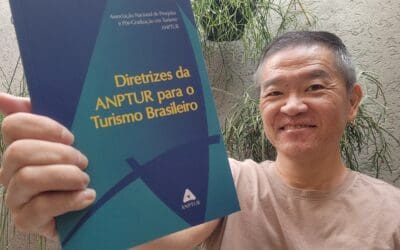
World Travel Market brings together key players in São Paulo
More than 100 senior industry leaders, authorities, private sector executives and tourism professionals, accompanied the conversation between the leadership of the three countries which, according to the United Nations (UN), are looking at tourism as a component of sustainable development.
This was the second day of the 5th edition of WTM Latin America & 47th Braztoa Business Event as it got underway with an important political meeting between leaders of the Latin American travel industry. The Ministerial Round Table on Tourism as a Tool for Development consisted of Marx Beltrão, the Brazilian Minister for Tourism, Lilian Kechichián, Uruguay’s Minister of Tourism, and Alejandro Lastra, Argentina’s Secretary of Tourism, in the realization of a meeting that was conceived during WTM London in November of last year.
“WTM portfolio is globally recognized for guaranteeing encounters that promote networking, business creation, and reflection regarding the industry’s challenges and opportunities. Holding this meeting as one of the milestones of the fifth edition of WTM Latin America is a source of great pride for us. We know that we are contributing, in an effective way, to the industry’s development”, says Lawrence Reinisch, Exhibitions Director of WTM Latin America.
The secretary of the World Tourism Organization (UNWTO), Sandra Carvao, who mediated the debate, reinforced the importance of 2017, which was elected the Year of Sustainable Tourism, and highlighted the three goals that have been ever-present this year: raising awareness regarding this industry’s power as a tool for sustainable development, the mobilization of the public and private sector, and mobilization with public policies changing consumer behavior.
During the meeting, the Brazilian Minister for Tourism, Marx Beltrão, praised the initiatives that are being developed, in particular policies for simplifying visas, strengthening air infrastructure, with greater connectivity, and promotion of destinations, in addition to the size of Brazil’s territory and the potential from the partnership with the private sector. “We are working hard on the concessions and infrastructure agenda, increasing access to the more than 60 million people who travel throughout Brazil. But the government can’t resolve everything”.
Marx Beltrão also stressed that the country needs to use the sector as a driver of economic development “generating employment and income in local communities where tourism enterprises have already been developed”. The Brazilian minister added that the industry continues to grow, even in the face of the economic challenges. “the travel industry is the only one that’s swimming against the tide of unemployment.”
BUSINESS GENERATION
Another highlight of the second day of WTM Latin America was the start of the highly sought after the Speed Networking sessions, in the Networking Area. This business activity was set up so that buyers have the opportunity to make the greatest possible number of contacts with exhibitors in a short space of time. The sessions contribute to the diversity of contacts and receptiveness among the investors, making the relationship between them more dynamic. “It is very important to stress that these are not conventional meetings: Speed Networking paves the way for deals that will be done later,” says the Exhibitions Director of WTM Latin America, Lawrence Reinisch.
Today, approximately 400 exhibitors and 100 buyers took part of the event, including Ricardo Shimosakai, who is commercial director of the company Turismo Adaptado. “I regard it as having been a very good experience. These relationship encounters are very positive, mainly because I manage to make numerous contacts.”
BRAZTOA 2017 YEARBOOK: 3% GROWTH IN THE TURNOVER
In 2016, the turnover of the companies associated with Braztoa (the Brazilian Tour Operators Association) came to a total of R$ 11.3 billion, which represents a 3% increase vis-à-vis the previous year. Domestic tourism was the choice of 81.4% of Brazilians during the period, as compared with 78.5% in 2015, reflecting the crisis period and the change in consumption patterns, marked by substitution of destinations, products and services. These figures are part of the Braztoa 2017 Yearbook, which is presented today by the organization’s president, Magda Nassar.
In relation to the type of package sold, complete packages – those that include both the land part and the air part – remain the preferred option for most people, accounting for 60% of the choices. The number of embarkations showed a slight increase of 1%, and of the 5.12 million passengers who embarked, 4.1 million went to destinations inside Brazil. The Brazilian region that stands out the most is that of the Northeast, which accounts for 67.4% of the sales of domestic trips, followed by the Southeast with 13.7%, the South with 12.6% and the North and Centre-West regions, which together account for 6.1% of the industry’s turnover.
“Our industry registered a small increase in a year full of challenges,” recalled Magda. “But we recently had the announcement of a freeze of nearly 68% in the Ministry of Tourism’s expenses (a R$ 321.6 million cut). Let’s complain”, invited the president.
The complete yearbook will be available on Braztoa’s website ( www.braztoa.com.br ) from April 7 onwards.
PROFESSIONAL UPDATING
Continuing with the training and professional development agenda, WTM Latin America welcomed the researcher and professor from the University of São Paulo, Mariana Aldrigui, who spoke about how new generations are playing a leading role in terms of developing inspiring projects to help preserve the environment.
During the panel “Translating sustainability into business: inspiring ideas!”, the specialist went as far as to challenge Brazilian students. “If countries such as the Netherlands, the United States and the United Kingdom can create gardens inside supermarkets, vests with pollution sensors that measure how often to reduce pollution, Brazil needs to get into gear and encourage people with new ideas”.
Another panel that had a full crowd was the one presented by Google’s tourism industry analyst, Felipe Chammas. The advertising executive presented a number of examples of productions that got thousands of hits on YouTube, applauding the fact that the consumption of travel content on the platform has increased by 200% over the last few years. “You have to think in terms of how to creatively inspire and influence these travelers. Because they are doing research and are identifying with the tips given and the experiences presented in the videos”.
Source: eTN
Compartilhe
Use os ícones flutuantes na borda lateral esquerda desta página
Siga-nos!
Envolva-se em nosso conteúdo, seus comentários são bem-vindos!
Artigos relacionados
Acessibilidade no transporte aéreo. Atualização das regras.
Acessibilidade no transporte aéreo. Revisão da Resolução nº 280/2013 da ANAC através de consulta e audiência pública.
Inclusão no filme Wicked. Atriz cadeirante chama a atenção.
Inclusão no filme Wicked. Marissa Bode é uma atriz com deficiência na vida real, e sua deficiência não foi um impedimento para a atuação.
Diretrizes da ANPTUR para o Turismo Brasileiro
Diretrizes da ANPTUR para o Turismo Brasileiro. Acessibilidade é um dos capítulos desse importante guia orientador para o turismo.






0 comentários